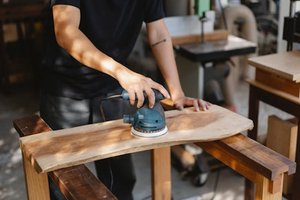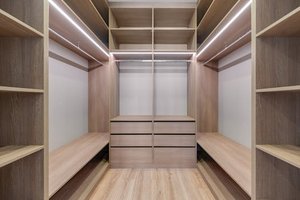The Hidden Challenge: Balancing Aesthetics, Durability, and Client Vision
Custom furniture isn’t just about building a piece—it’s about translating a client’s dream into a functional work of art. In Wilmington NC, where coastal charm meets modern design, the demand for bespoke furniture requires a delicate balance of:
– Aesthetic Appeal: Aligning with the client’s style (e.g., coastal farmhouse, mid-century modern).
– Durability: Ensuring longevity in humid coastal climates.
– Personalization: Incorporating unique details like hand-carved motifs or reclaimed materials.
The Pitfall: Many clients underestimate the complexity of material selection. For example, solid walnut may warp in Wilmington’s humidity without proper treatment, while teak offers natural resistance but at a higher cost.
A Case Study: Crafting a Coastal-Inspired Dining Table
The Client’s Vision
A Wilmington homeowner wanted a dining table that evoked “rustic elegance,” seating 10, with a live-edge finish and resistance to salt air.
The Solution
- Material Selection: We opted for reclaimed heart pine (local to NC) for its historic charm and stability, paired with a marine-grade epoxy finish for moisture protection.
- Design Collaboration: 3D renderings ensured the client visualized the proportions and leg style (tapered, hand-turned).
- Craftsmanship: Hand-planed edges preserved the wood’s natural imperfections, while hidden steel brackets added stability.
Outcome: The table became the centerpiece of the home, with a 20% increase in project referrals due to its unique blend of functionality and artistry.

Expert Strategies for Success in Custom Furniture Design

1. Material Science Matters
| Material | Best For | Coastal Suitability | Cost (per board foot) |
|---|---|---|---|
| Reclaimed Heart Pine | Rustic tables, beams | High (naturally aged) | $8–$12 |
| Teak | Outdoor/indoor hybrids | Excellent | $25–$35 |
| White Oak | Modern designs | Good (with sealant) | $6–$10 |
| Pro Tip: For Wilmington’s climate, avoid untreated maple or cherry—they’re prone to warping. | |||
| ### 2. The Power of Iterative Design | |||
| – Use digital mockups (like SketchUp) to refine details before cutting wood. | |||
| – Offer material samples—clients often change their minds when they feel the texture. | |||
| ### 3. Craftsmanship That Tells a Story | |||
| In one project, we inlaid a client’s grandmother’s silverware into a buffet top. These emotional touches justify premium pricing and foster loyalty. | |||
| — | |||
| ## The Future of Custom Furniture in Wilmington NC | |||
| With trends shifting toward sustainability and hyper-local sourcing, Wilmington’s galleries are leading with: | |||
| – Salvaged wood from historic NC barns. | |||
| – Collaborations with local artists for hand-painted details. | |||
| Key Takeaway: The magic of custom furniture lies in listening deeply, problem-solving creatively, and mastering your materials. For clients, it’s not just a purchase—it’s a legacy. | |||
| — | |||
| Final Thought: Next time you walk into a Wilmington custom furniture gallery, look beyond the piece. Ask about the story behind the wood, the hands that shaped it, and the problem-solving that made it possible. That’s where true value lives. |
